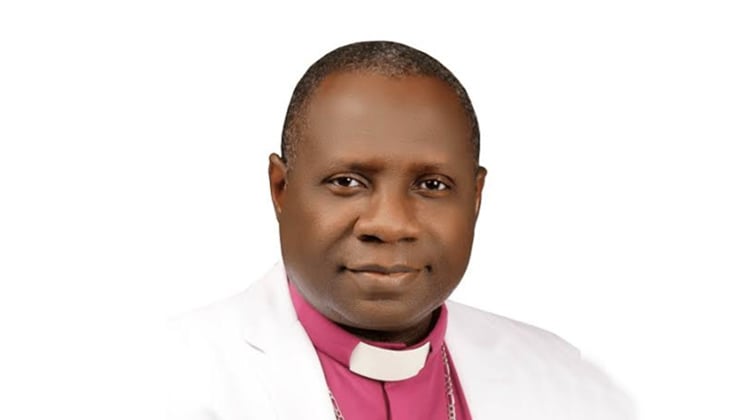The Christian Association of Nigeria (CAN) has once again asserted that a “Christian genocide” is underway in the country, citing prolonged violence, persecution, and insecurity endured by Christian communities across the North and Middle Belt.
CAN President, Archbishop Daniel Okoh, made the declaration on Tuesday during the association’s Fourth Quarterly National Executive Council Meeting, held in Jos, Plateau State.
Okoh said the choice of Jos for the meeting was deliberate, describing the city as a symbol of both suffering and resilience for Christians who have faced years of attacks, displacement, and devastation.
“Our presence in Jos today is not accidental. It is intentional, purposeful, and deeply symbolic,” he said. “We are here to identify with our brothers and sisters across Plateau State and Northern Nigeria who have endured years of unspeakable tragedy—persecution, displacement, devastation, and unrelenting insecurity.
“It would be a grave injustice to deny the painful reality of what has transpired: lives brutally cut short, communities uprooted, families torn apart, churches razed, and hopes shattered. CAN has spoken clearly and courageously on this matter, and we stand unwaveringly by our position that there is Christian genocide in Nigeria.”
The CAN president reaffirmed the association’s solidarity with affected communities, recounting a recent visit to Bokkos, where he met displaced Christians, listened to their experiences, and provided relief materials.
“We declare with one united voice: You are not forgotten. You are not abandoned. The Body of Christ stands firmly with you,” he said.
READ ALSO: FG accuses foreign lobbyists of fueling false Trump’s narrative of ‘Christian genocide’
Okoh urged the Federal Government and the international community to take decisive action to halt the destruction of lives and the displacement of indigenous people, particularly in Christian-majority communities. He also appealed for the resettlement of internally displaced persons (IDPs) back to their ancestral homes, warning that prolonged IDP camp stays risk triggering a more profound humanitarian crisis.
Declaring the NEC meeting open, Plateau State Governor Caleb Mutfwang, represented by Deputy Governor Josephine Piyo, reaffirmed his administration’s commitment to restoring peace and rebuilding affected communities. He praised CAN for its support and partnership, describing the meeting as “symbolic” for Plateau, long known as the “Home of Peace and Tourism.”
Mutfwang said the state government remained committed to healing divisions, securing rural communities, resettling displaced families, and restoring dignity to victims of violence.
“Nigeria needs the Church now more than ever,” he added, urging CAN leaders to strengthen moral values, promote unity, and continue shaping national discourse through advocacy.



